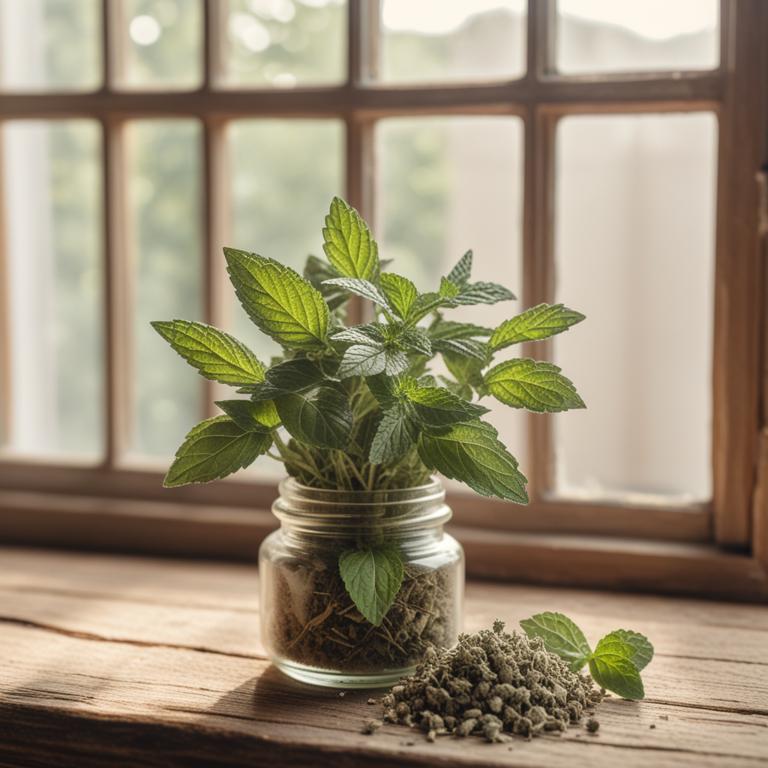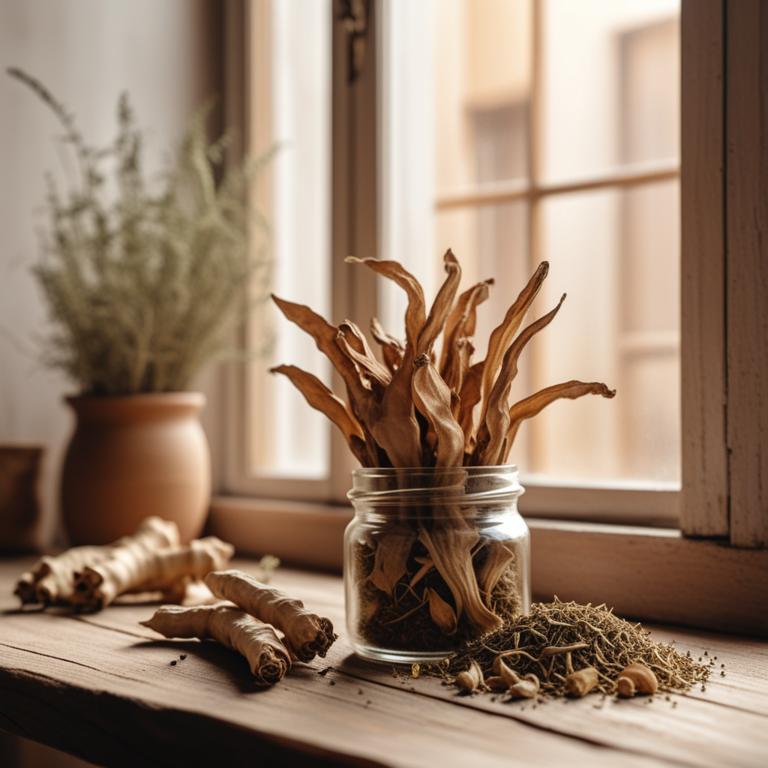Updated: Dec 1, 2024
Banish Dry Throat: Exploring Medicinal Herbs and Herbal Preparations for a Soothing Solution

Dry throat is a common condition where the throat feels scratchy, sore, and dry, making it difficult to swallow or speak.
This can be uncomfortable and affect your daily life, making it hard to eat, talk, or even sleep. Dry throat can be caused by a variety of factors, such as dry air, allergies, overuse of the voice, or underlying medical conditions like sinus infections. When the throat is dry, it needs moisture and soothing relief. Herbal remedies can help to calm and heal the throat.
Some of the healing herbs for dry throat include slippery elm, which forms a protective barrier on the mucous membranes, and marshmallow root, which has anti-inflammatory properties. These herbs can be used to make teas, infusions, or tinctures that can be sipped on throughout the day. Slippery elm tea, for example, can be made by steeping the dried root in hot water, then straining and sipping it slowly. Marshmallow root tea can also be made in a similar way, or it can be added to a warm bath to help soothe the throat.
Additionally, some herbal cough syrups and lozenges can be found in health food stores that contain these healing herbs.
Table of Contents
- What are the underlying reasons for experiencing a dry throat?
- What are the benefits of using herbs to alleviate dry throat?
- What are the main medicinal herbs for alleviating dry throat?
- What herbal preparations are most commonly used to alleviate dry throat?
- What herbs should you steer clear of if you suffer from dry throat?
- FAQ
What are the underlying reasons for experiencing a dry throat?
The main causes of dry throat are varied, but most of them can be linked to irritation or inflammation in the throat area.
Dry Air is a common cause, as it dries out the mucus that normally keeps the throat moist. This can happen in air-conditioned spaces, during winter when the air is colder and drier, or in areas with low humidity. Allergies are another cause of dry throat. When you breathe in allergens like pollen, dust, or pet dander, your body reacts by producing more mucus. This excess mucus can dry out your throat, making it feel scratchy and sore.
Colds and Flu are viral infections that can cause dry throat. These viruses infect the mucous membranes in your throat, leading to inflammation and dryness. Sinusitis, an infection or inflammation of the sinuses, can also cause dry throat. When the sinuses become infected or inflamed, it can lead to postnasal drip, which is the mucus that drips down the back of your throat, causing it to feel dry and irritated. Lastly, Tonsillitis, an infection of the tonsils, can cause dry throat.
When the tonsils become inflamed, it can lead to swelling and dryness in the throat area.
What are the benefits of using herbs to alleviate dry throat?
Using herbs for a dry throat can be really helpful.
One of the main benefits is that they can provide quick relief from irritation and discomfort. These herbs often have anti-inflammatory properties, which help to reduce swelling and redness in the throat. This can make it easier to swallow and speak without feeling like you're scratching your throat.
Some herbs also have a soothing effect, which can calm the throat and make it feel more comfortable. Additionally, many of these herbs have antibacterial properties, which can help to fight off infections that can cause a dry throat. This can be especially helpful during cold and flu season when respiratory infections are more common.
By using herbs for a dry throat, you can find some much-needed relief and get back to your daily activities without feeling uncomfortable or in pain.
What are the main medicinal herbs for alleviating dry throat?
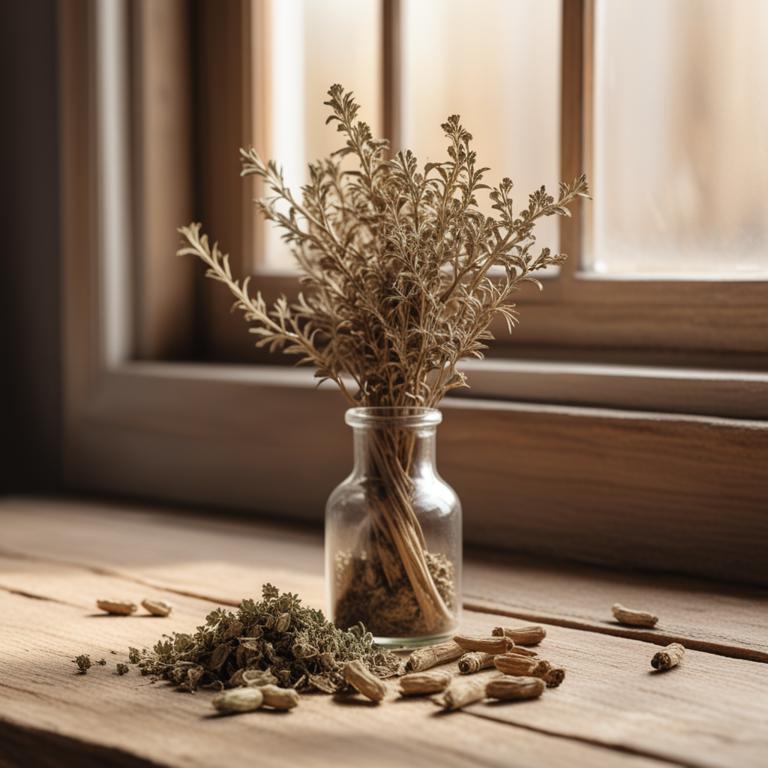
When you have a dry throat, it can be really uncomfortable and hard to talk or swallow.
But there are some amazing herbs that can help soothe and calm your throat. One of these is Licorice Root, or Glycyrrhiza glabra, which has a natural sweetness that can coat and protect your throat. This makes it perfect for when you need to calm down an irritated throat. Another great herb is Echinacea, or Echinacea purpurea. It's often used to boost the immune system, but it can also help reduce inflammation in the throat, making it a great remedy for dry and sore throats. Ginger, or Zingiber officinale, is another amazing herb that can help soothe a dry throat.
It has anti-inflammatory properties that can reduce swelling and calm irritation, making it easier to breathe and swallow. Peppermint, or Mentha x piperita, is another herb that's commonly used to soothe a dry throat. Its cooling properties can help numb the pain and reduce inflammation, making it easier to swallow and talk. Finally, Thyme, or Thymus vulgaris, is a great herb to use for its antibacterial properties, which can help clear out any bacteria or germs that might be causing your throat to feel dry and sore. Its also very easy to digest, which makes it a great option for people who are sensitive to certain herbs or have allergies. These herbs are all natural and have been used for centuries to help soothe and calm dry throats.
By using them, you can find some relief from the discomfort and get back to your normal self.
What herbal preparations are most commonly used to alleviate dry throat?
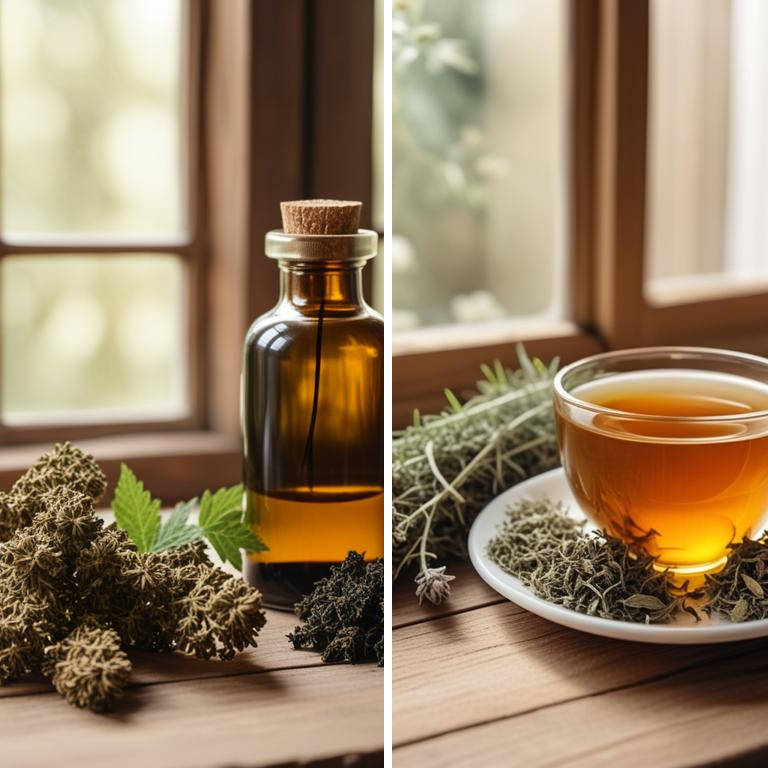
When your throat feels dry and sore, herbal preparations can be just what you need to soothe the discomfort.
One great option is a Marshmallow Decoction, made from the root of the marshmallow plant. The root contains a thick, gel-like substance that coats the throat and helps to lock in moisture, reducing dryness and irritation. Another option is Throat Lozenges, which come in a variety of flavors and often contain herbs like slippery elm or licorice root. These lozenges can be sucked on to release the active ingredients, which then coat the throat and provide relief from dryness and soreness.
Echinacea Tincture is another herbal preparation that can help with a dry throat. Echinacea is a plant that's known for its immune-boosting properties, but it also has anti-inflammatory properties that can help to reduce swelling and discomfort in the throat. If you prefer to drink something, you might consider making a Slippery Tea, which is made from the root of the slippery elm tree. This tea is high in mucilage, a thick, protective substance that helps to soothe and protect the mucous membranes in the throat, keeping them from becoming dry and irritated. Finally, you might consider taking Elderberry Capsules, which contain the berries of the elder tree.
Elderberries have antiviral properties that can help to fight off infections and reduce inflammation in the throat, making them a great option for when you're feeling under the weather and your throat is dry and sore.
Additional Resources:
What herbs should you steer clear of if you suffer from dry throat?
If you have a dry throat, it's best to be careful with some herbs that might make things worse.
For example, rosemary can be quite drying, which means it can make your throat even drier. This can be uncomfortable and even painful. On the other hand, rauvolfia is another herb that's not good for dry throats.
It's often used to lower blood pressure, but it can also dry out your throat and make it harder to swallow. Hyssop is another herb to watch out for, as it can also dry out your throat and make it more irritated. Cinnamon, which is often used to add flavor to food, can also be drying to the throat. And fennel, which is often used to aid digestion, can also dry out your throat.
These herbs can be irritating and uncomfortable to have in your throat when it's already dry, so it's best to use them with caution or avoid them altogether.
FAQ
Are there any specific herbs that can prevent dry throat?
Some herbs like slippery elm and licorice root can help soothe and protect a dry throat.
Slippery elm forms a protective barrier, while licorice root reduces inflammation. Ginger is also known to help calm a sore throat.
These herbs can be consumed as teas or added to food to provide relief from dryness and discomfort.
Is it safe to use herbal remedies for dry throat during pregnancy?
If you have a dry throat during pregnancy, you might think about using herbal remedies.
However, it's best to check the ingredients first. Some herbs can be safe, like slippery elm, but others, like pennyroyal, might not be.
Always read the labels and follow instructions carefully to ensure you're using something safe for you and your baby.
Are there any herbs that can reduce the frequency of dry throat?
Some herbs like slippery elm and licorice root have soothing properties that may help reduce the frequency of dry throat.
They work by coating and protecting the mucous membranes, reducing irritation and inflammation. This can provide relief and comfort to people who experience dry throat.
They can be consumed as teas or added to food.
Related Articles

Chest Congestion: Understanding the Causes and Herbal Solutions
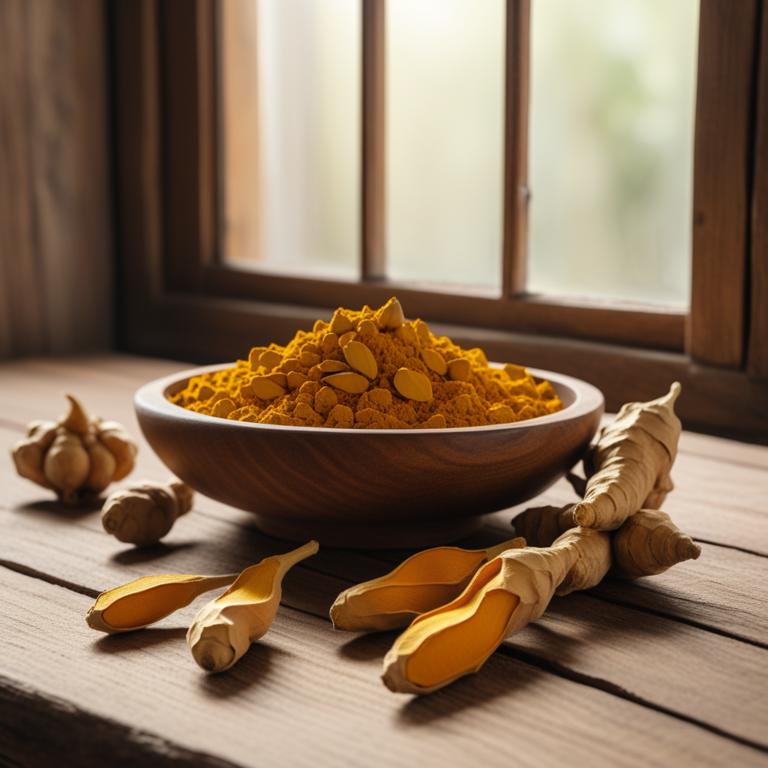
Emphysema Causes, Symptoms, and Herbal Relief Options
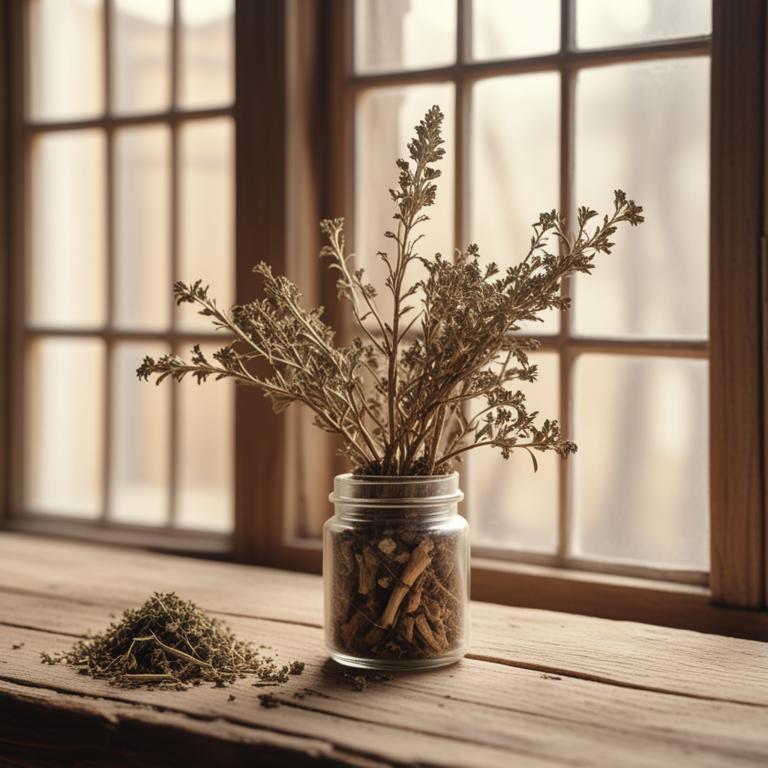
Understanding Coughing Fits: Causes, Medicinal Herbs, and Herbal Preparations for Relief

Tickling Throat Remedies: Causes, Medicinal Herbs, and Herbal Preparations for Sore Throat

Pertussis: Causes, Symptoms, and Natural Remedies with Medicinal Herbs





